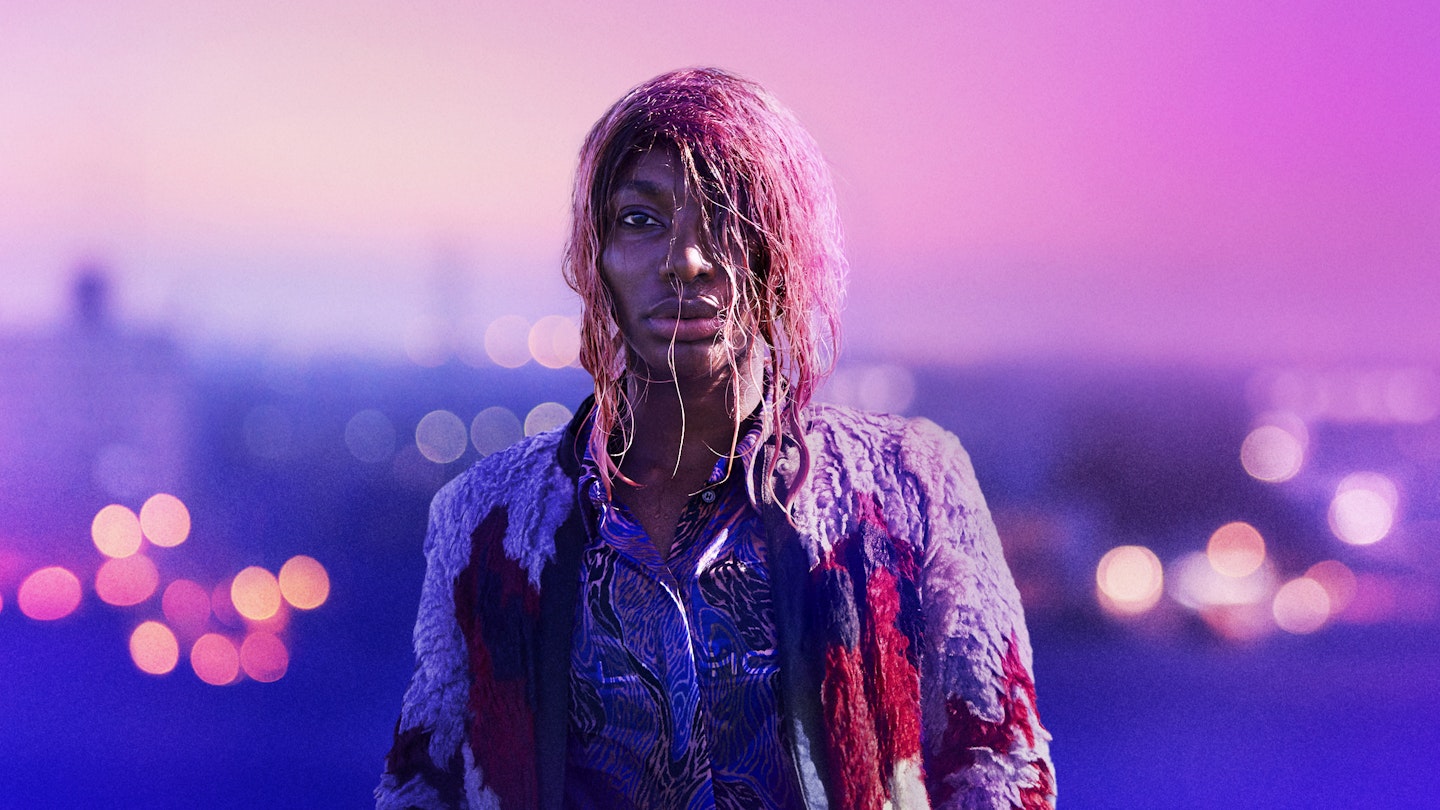If you watched the announcement of Golden Globes nominations last night, you will’ve undoubtedly felt the rage so many of us did seeing Michaela Coel’s I May Destroy You snubbed by the Hollywood Foreign Press Association (HFPA) - the body that decides Golden Globes nominations and winners.
Immediately trending on Twitter, everyone was asking why and how a show that made such monumental waves upon its release in June last year. It tackled the trauma of sexual assault with an intricacy few writers could only dream of and spoke to the sheer genius of Coel like nothing else we watched all year.
It felt like an absolute certainty it would clean up in awards season, so it feels like a blatant snub when Coel and her show received no recognition at all, while shows like Emily In Paris and actors like James Corden were honoured instead. And that’s no shade to Emily in Paris, Deborah Copaken, a writer on the Netflix comedy and semi-inspiration for Emily, has said herself that their show being nominated while I May Destroy You was snubbed is ‘what is wrong with everything’.
What’s the issue then? Is it that I May Destroy You is so intensely British that it couldn’t possibly ‘speak to’ an American critique? Or, is it that the HFPA is primarily made up of old, white men embedded with so much misogynoir they wouldn’t recognise such an incredible piece of art about sexual assault created by a Black woman even if the world is screaming at them to?
Let’s investigate. According to Vox, the HFPA is a relatively secretive body – there are 90 members – all journalists - but a roster of who they are is not published online. All that is required to be a member – they admit a maximum of five new members every year – is that the journalist must be based in Southern California, but work for a non-US media outlet. ‘Their main journalistic beat must be Hollywood,’ according to Vox. ‘[So,] the Golden Globes are given out by people who cover Hollywood, not people who work in the film and TV industries.’
How are Golden Globe Awards nominations decided?
Well, HFPA members go to screenings throughout the year, sometimes specifically for HFPA members, sometimes just at a film festival or press screening - according to the Golden Globe website, members usually see more than 300 films overall. They also interview over 400 actors, directors, writers and producers – often reporting from film sets in their daily jobs anyway.
'You’re given the opportunity in a master thesis class to talk to people behind the scenes about how things are constructed,' Scott Orlin, who is in his second year as chairman of the HFPA’s board of directors, told Variety last year. 'It’s like being a painter watching Picasso paint and asking, "Why did you use blue?". To watch "Dead Man Walking" and then talk to Tim Robbins about why he made the choices he made; to go on set and witness the complexities of filmmaking; to talk to costume designers and art directors, those things are invaluable.'
When it comes to nominating a film or TV show, each member receives a ballot with a list of eligible films and TV shows submitted by studios (they must have opened in the U.S. during the calendar year to be eligible). They receive dozens of DVD screeners of eligible films, but have most likely already seen them. Members select five nominees for each category, rank their choices from 1 to 5 and then The Ernst & Young accounting firm tallies the ballots. Members won’t know who’s actually nominated until the official announcement when the rest of us find out too.
It seems then, since they largely operate as critics, the board of members likely nominates films that resonated with them most – as oppose to noting down public response, although that could play a part for some – as film critics often base reviews on personal opinion.
It’s impossible to know whether screenwriters are reliant on their work resonating with a majority of older, white men.
Without publishing any diversity figures, it’s impossible to know whether that means film and TV creators are reliant on their work resonating with a majority of older, white men. (Which, I May Destroy You aside, is depressing enough in itself.) But the lack of diversity in nominations would certainly suggest that.
After a year that has seen the pandemic worsen racial and gender inequalities, a summer of protests for Black Lives Matter and concerted efforts on the parts of other major film-critic boards to bolster diversity within voters (The Television Academy and the Academy of Motion Pictures Arts and Sciences to name a couple), the HFPA’s nominations suggest they haven’t really followed suit.
Yes, they made up for completely ignoring women in last year’s Director category by nominating a record-breaking three women (Emerald Fennell, Chloé Zhao, Regina King) but largely, diversity was at a minimum. In the Best Picture -Drama and Best Picture – Comedy/Musical categories, for example, not one Black filmmaker was nominated despite the extremely prestigious AFI Top 10 movies list including at least four (Spike Lee’s Da 5 Bloods, Ma Rainey’s Black Bottom, One Night In Miami and Judas and the Black Messiah, if you’re interested).
According to Deadline, the lack of diversity in nominations absolutely sets back the representation goals many have been campaigning for. It goes to show then that this snub says absolutely nothing about the quality of Michalea Coel’s work, but more the sheer lack of quality critics among the HFPA members. That being said, awards mean a lot to creators – they bolster viewing figures, secure funding for future projects and inspire confidence and opportunity for film and TV makers. It might be a THEM problem, but it’s up to us to demand change so loudly that incredible screenwriters like Michaela Coel don’t bear the burden of their mistakes.
Click through for the best films and TV shows to help educate yourself on racism around the world:
What to watch to educate yourself about racism
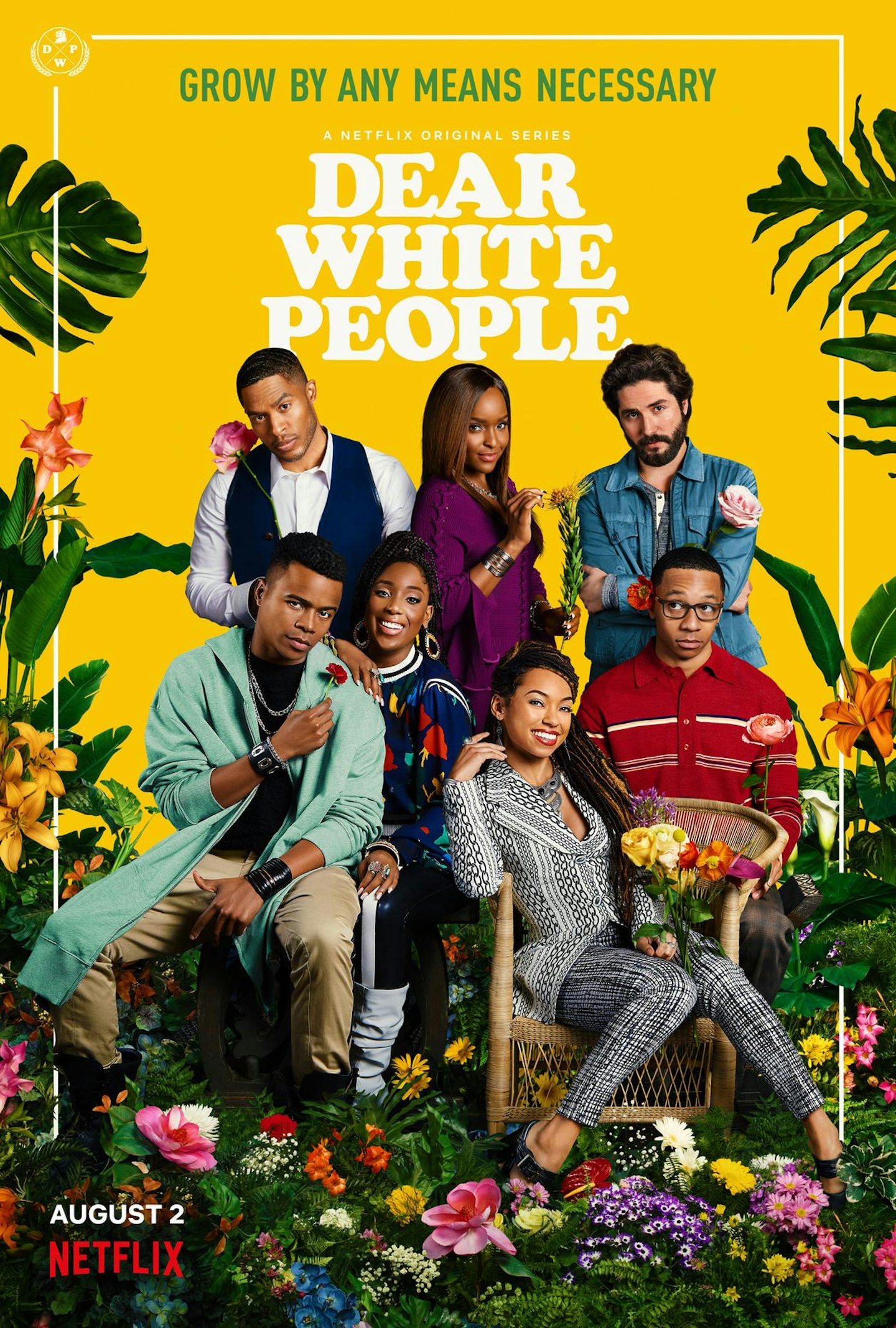 1 of 23
1 of 23Dear White People
A Netflix series following several Black college students at a largely white Ivy League school – based on the film of the same name (which can be rented on Amazon Prime).
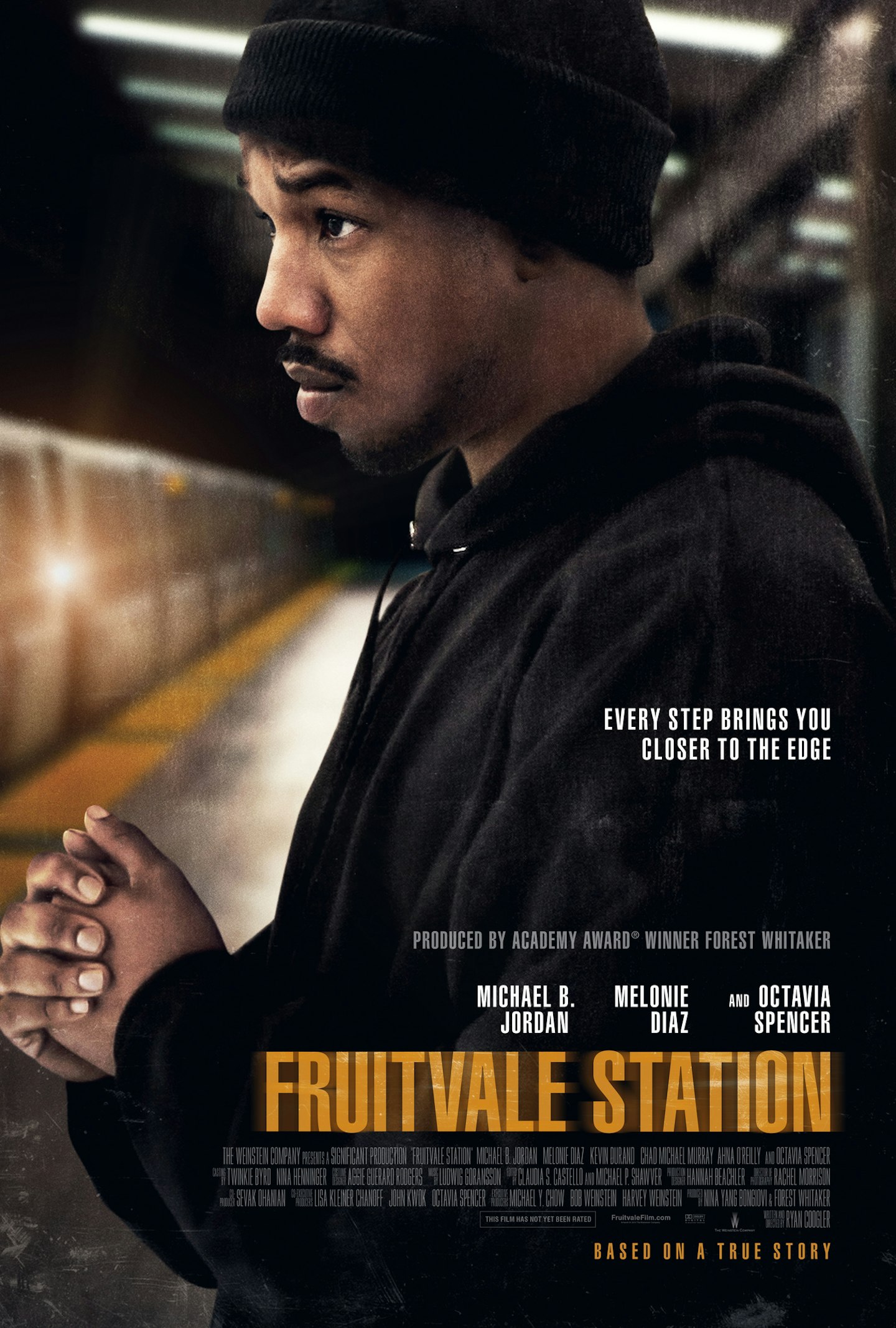 2 of 23
2 of 23Fruitvale Station
Michael B Jordan stars in this biographical film about the events leading to the death of Oscar Grant, who was killed in 2009 by a BART police officer, Johannes Mehserle. Available to watch on Netflix.
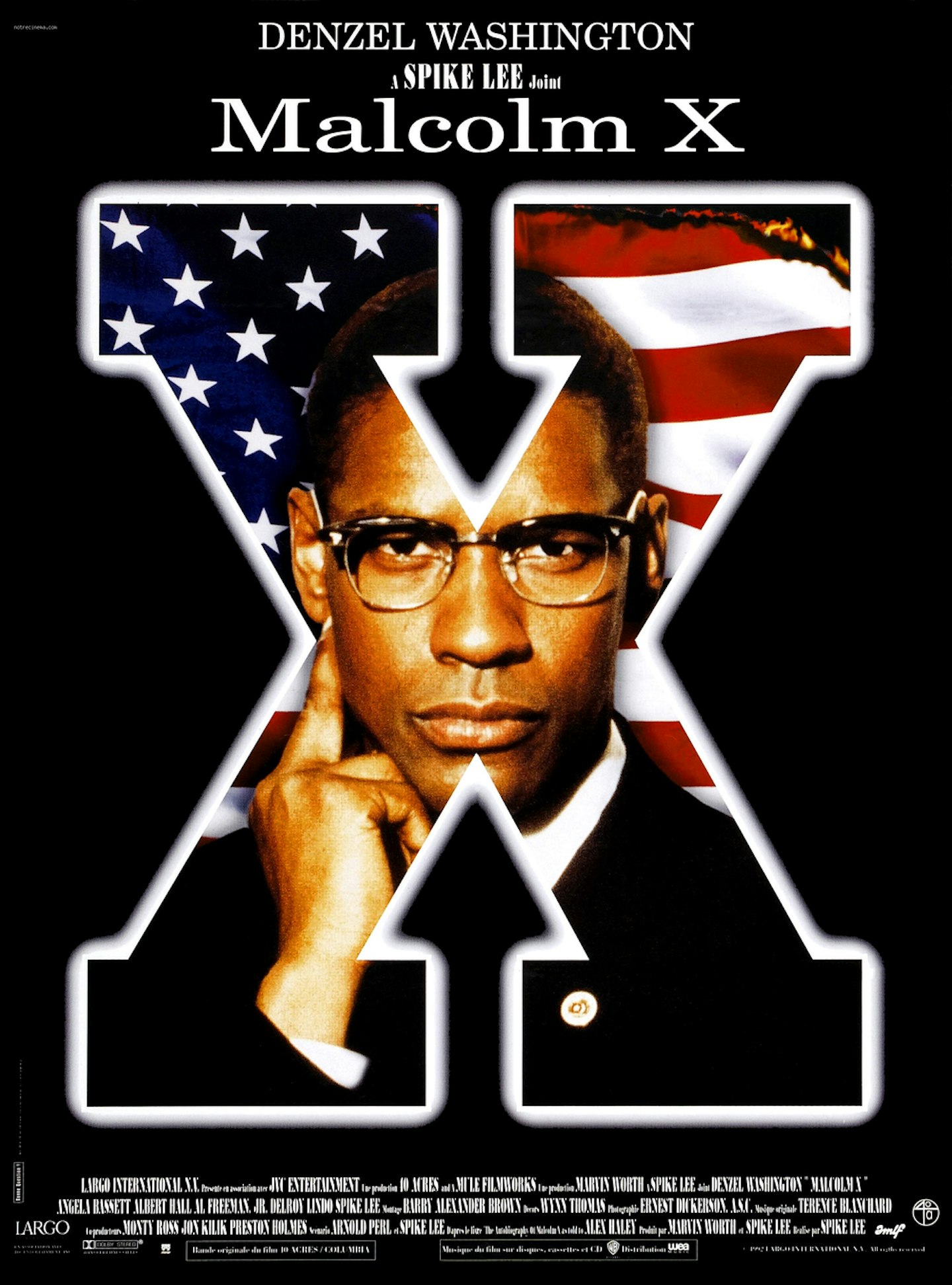 3 of 23
3 of 23Malcolm X
A biographical film of activist Malcolm X, directed and co-written by Spike Lee and starring Denzel Washington. Available to rent on Amazon.
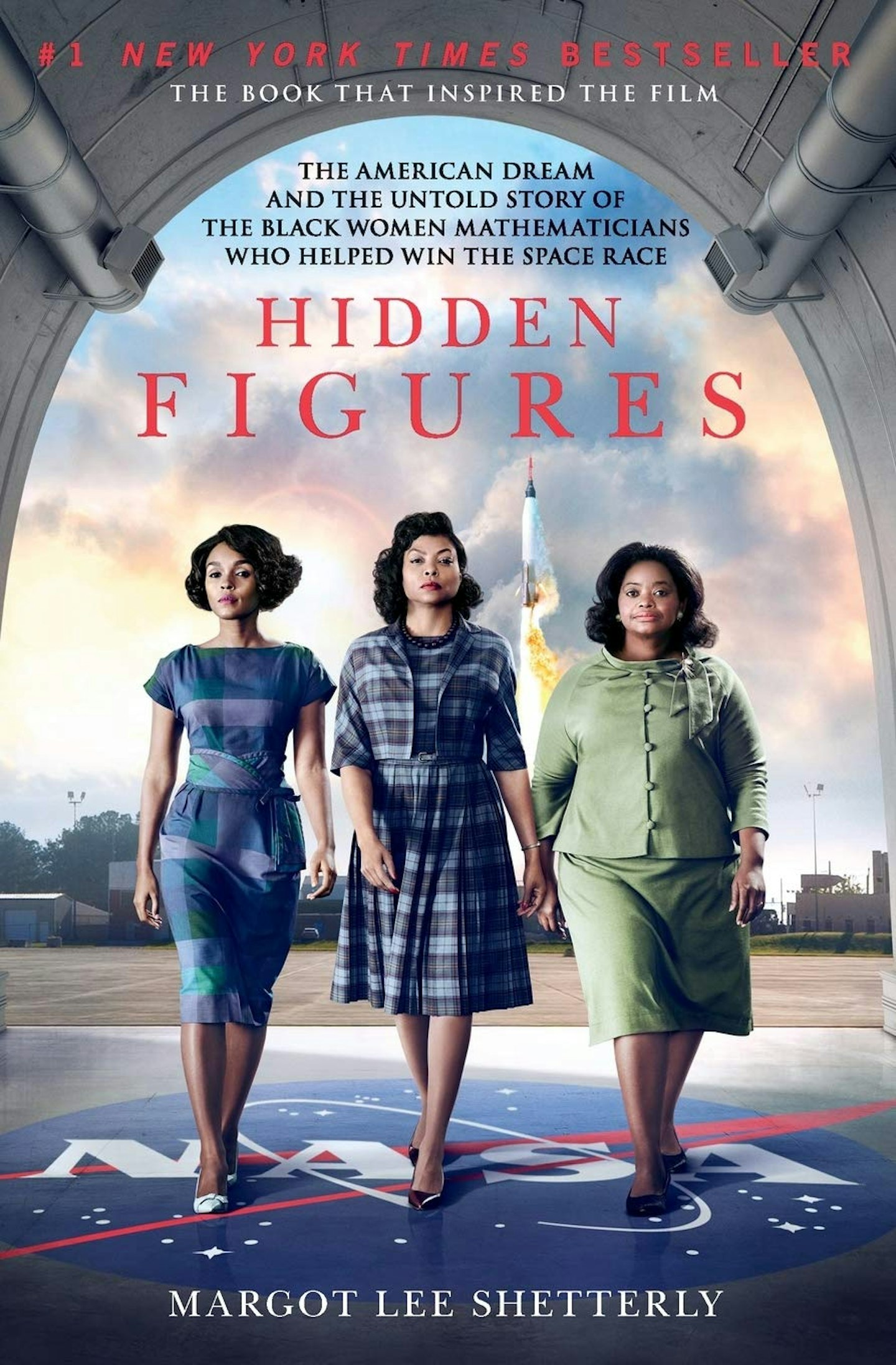 4 of 23
4 of 23Hidden Figures
The true story of three African-American women working at NASA as mathematicians, starring Taraji P. Henson as Katherine Johnson. Available to rent on Amazon Prime.
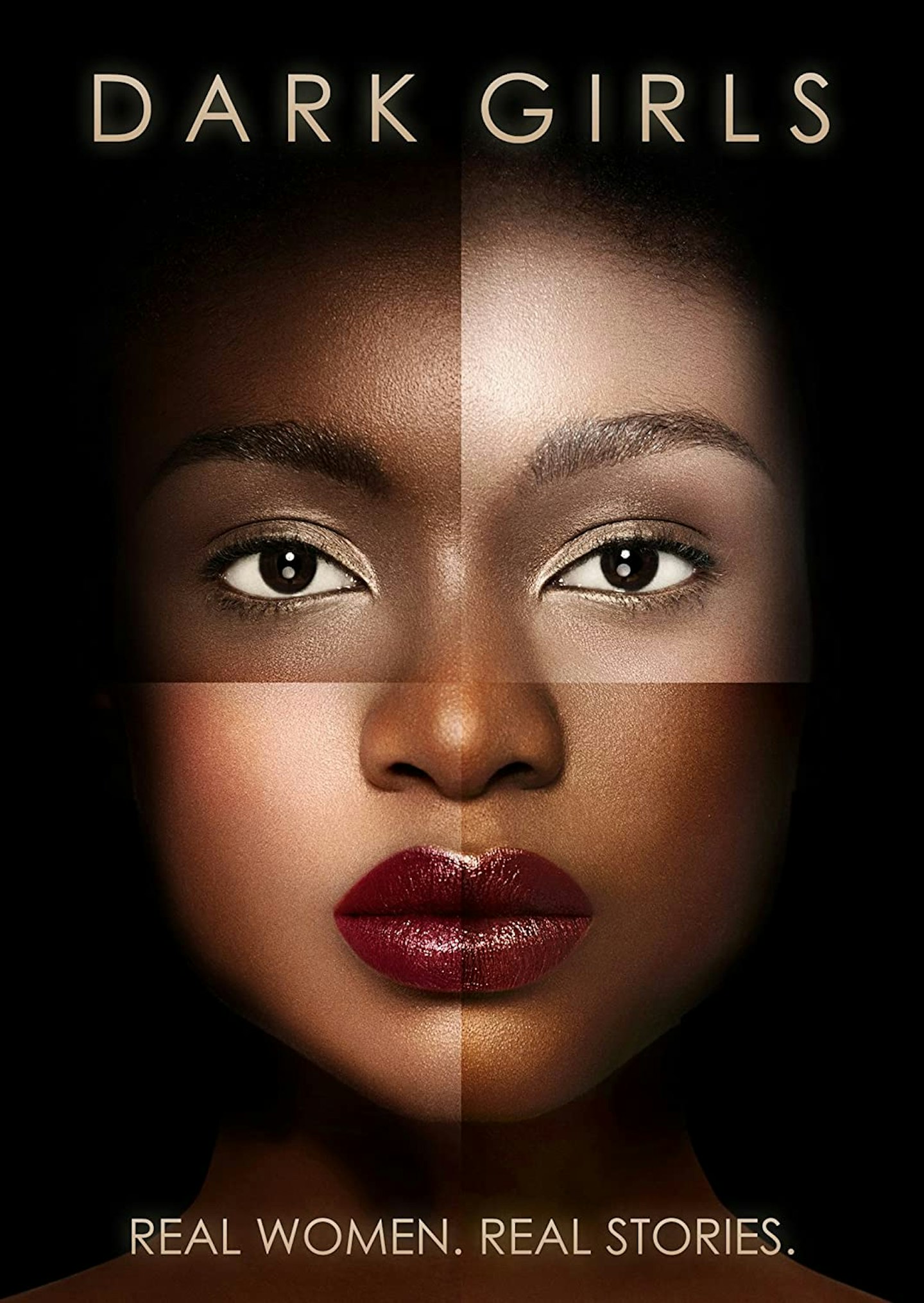 5 of 23
5 of 23Dark Girls
A documentary about the prejudices and cultural bias dark-skinned women face around the world. Available to rent on Amazon.
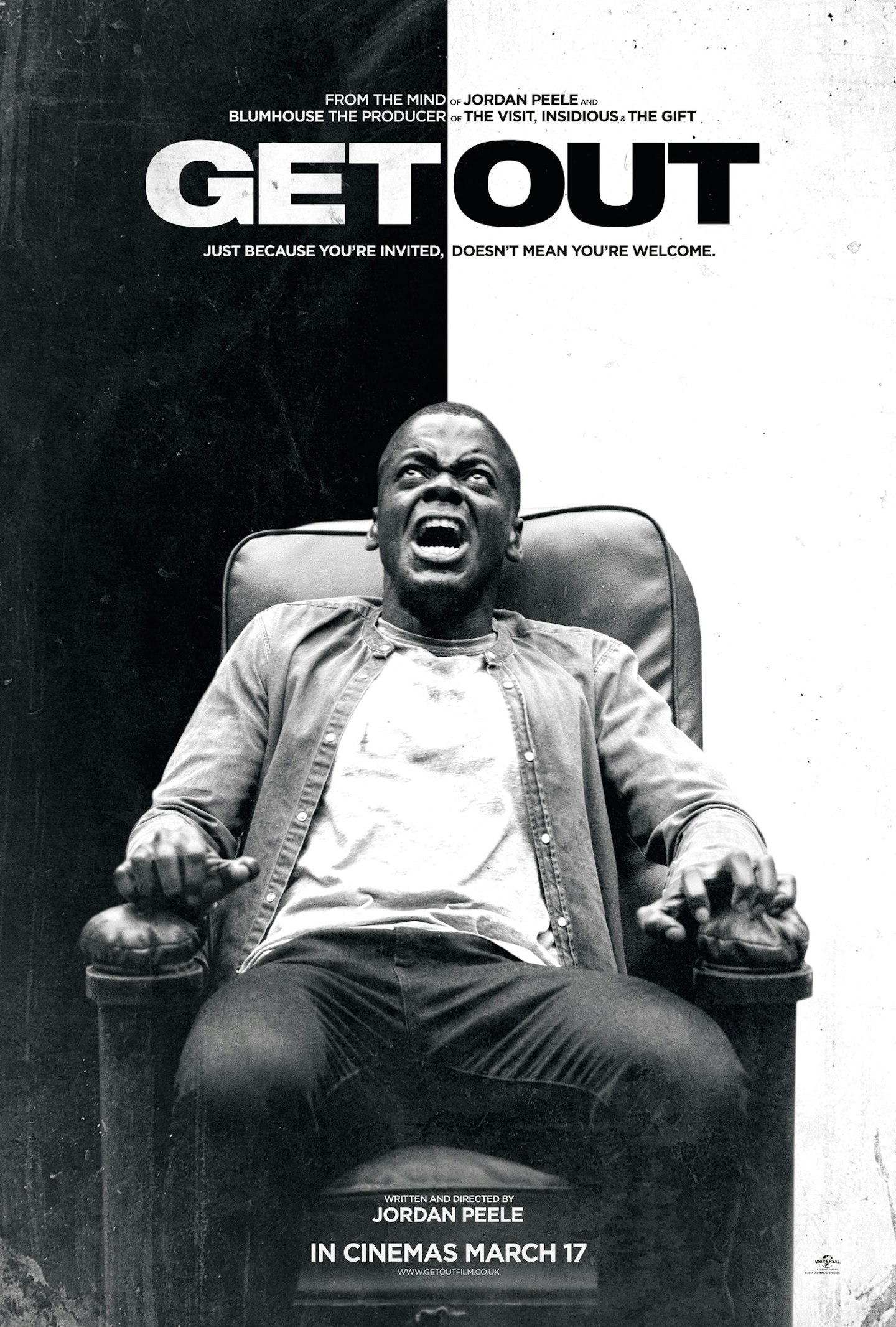 6 of 23
6 of 23Get Out
A horror film written and directed by Jordan Peele starring Daniel Kaluuya as a man who uncovers a disturbing secret when he meets the family of his white girlfriend. Available to rent on Amazon.
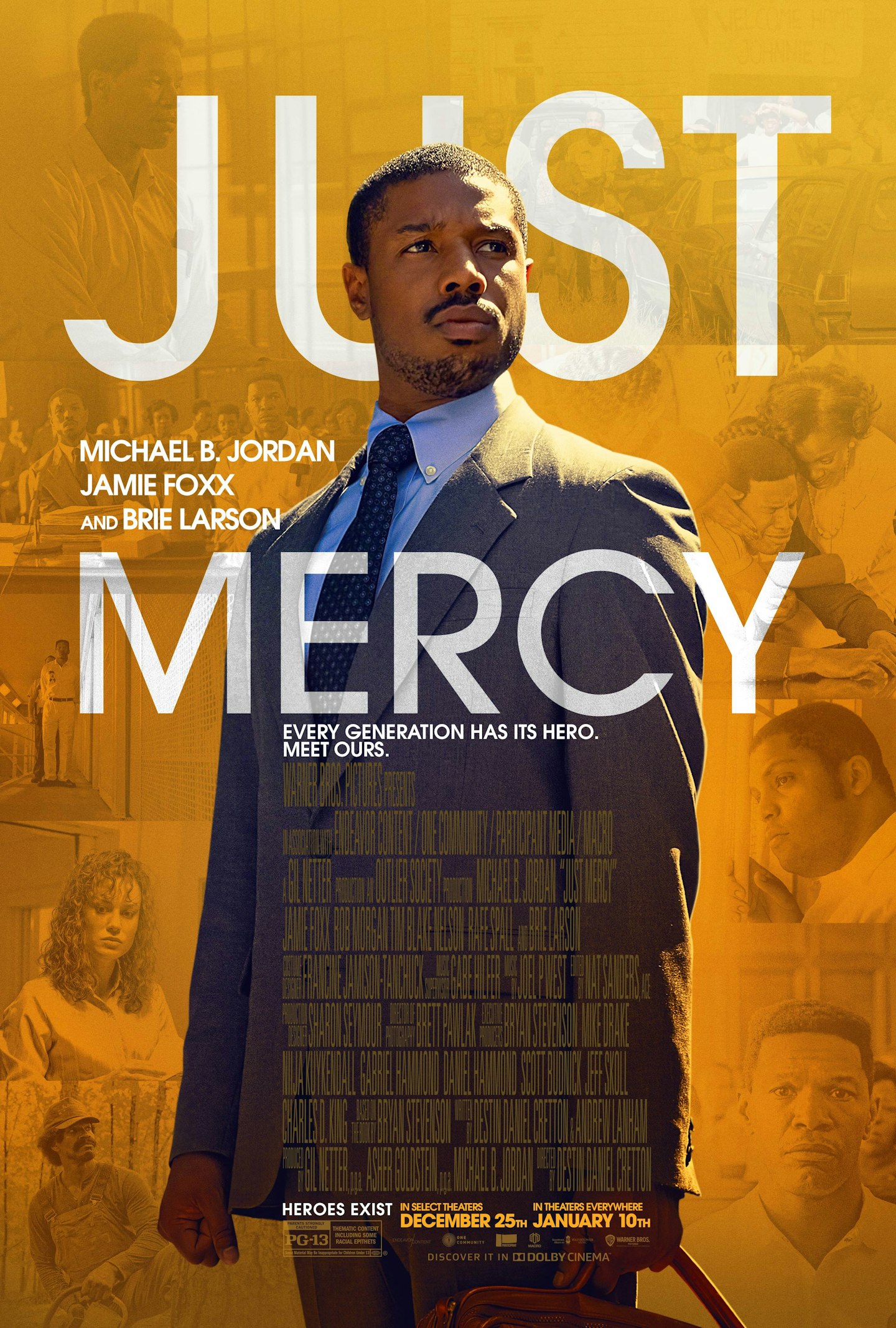 7 of 23
7 of 23Just Mercy
The true story of lawyer, Bryan Stevenson, battling to overturn the wrongful murder conviction of Walter McMillian. Available to rent on Amazon.
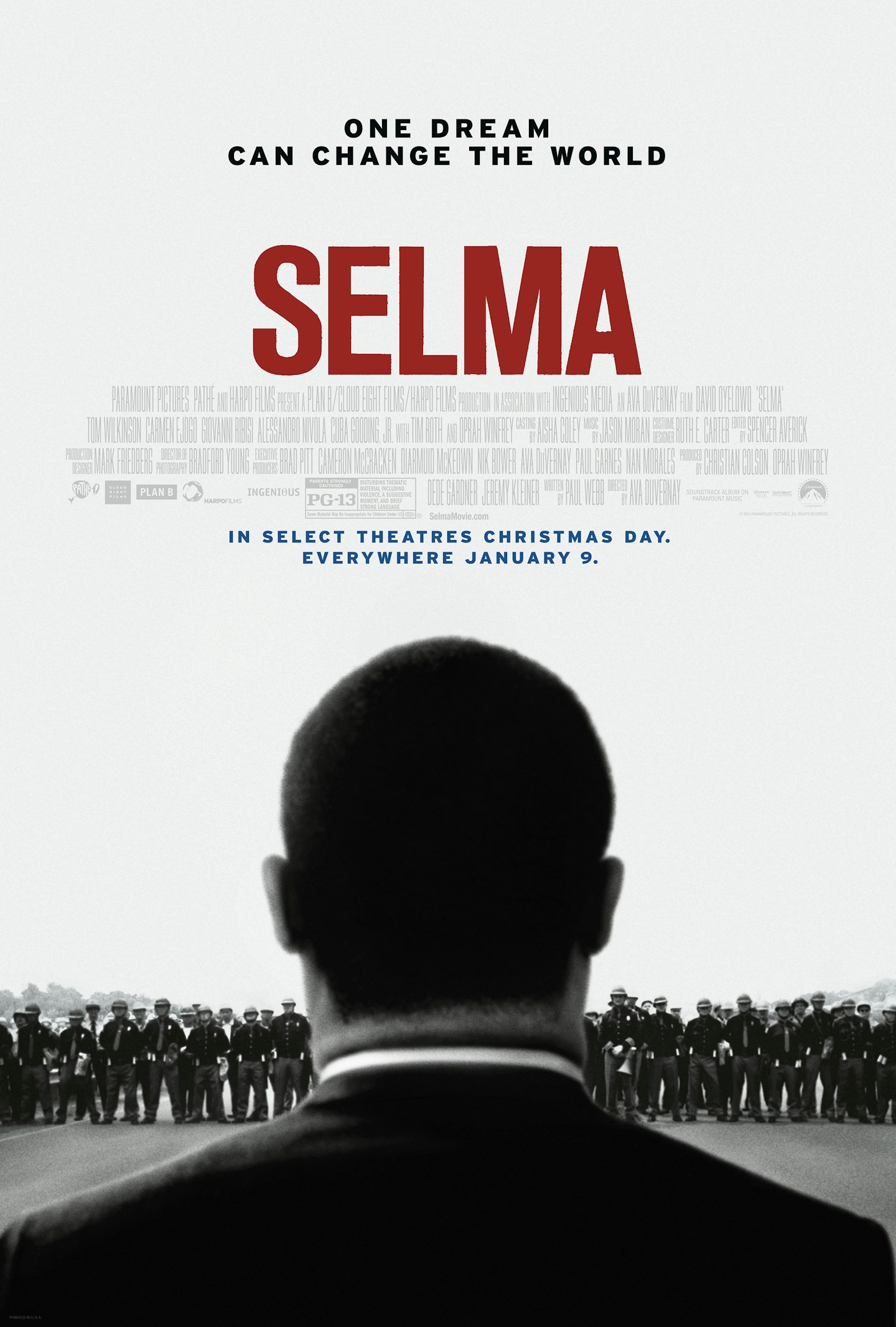 8 of 23
8 of 23Selma
This Ava DuVernay-directed film is based around Dr. Martin Luther King Jr. (David Oyelowo) and his followers' historic march from Selma to Montgomery. Available to rent on Amazon Prime.
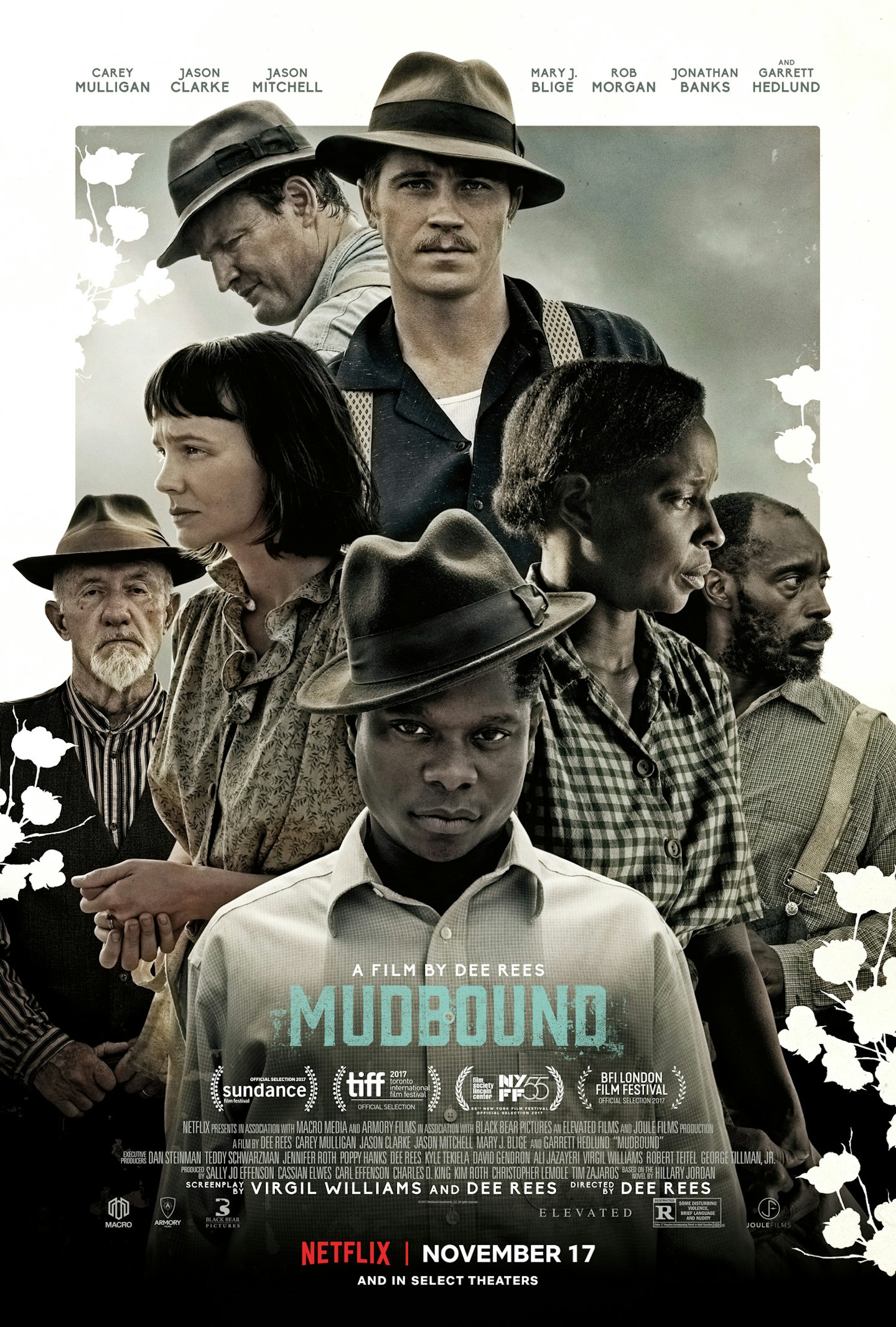 9 of 23
9 of 23Mudbound
Two Mississippi families – one Black, one white – confront the brutal realities of prejudice, farming and friendship in this Netflix series.
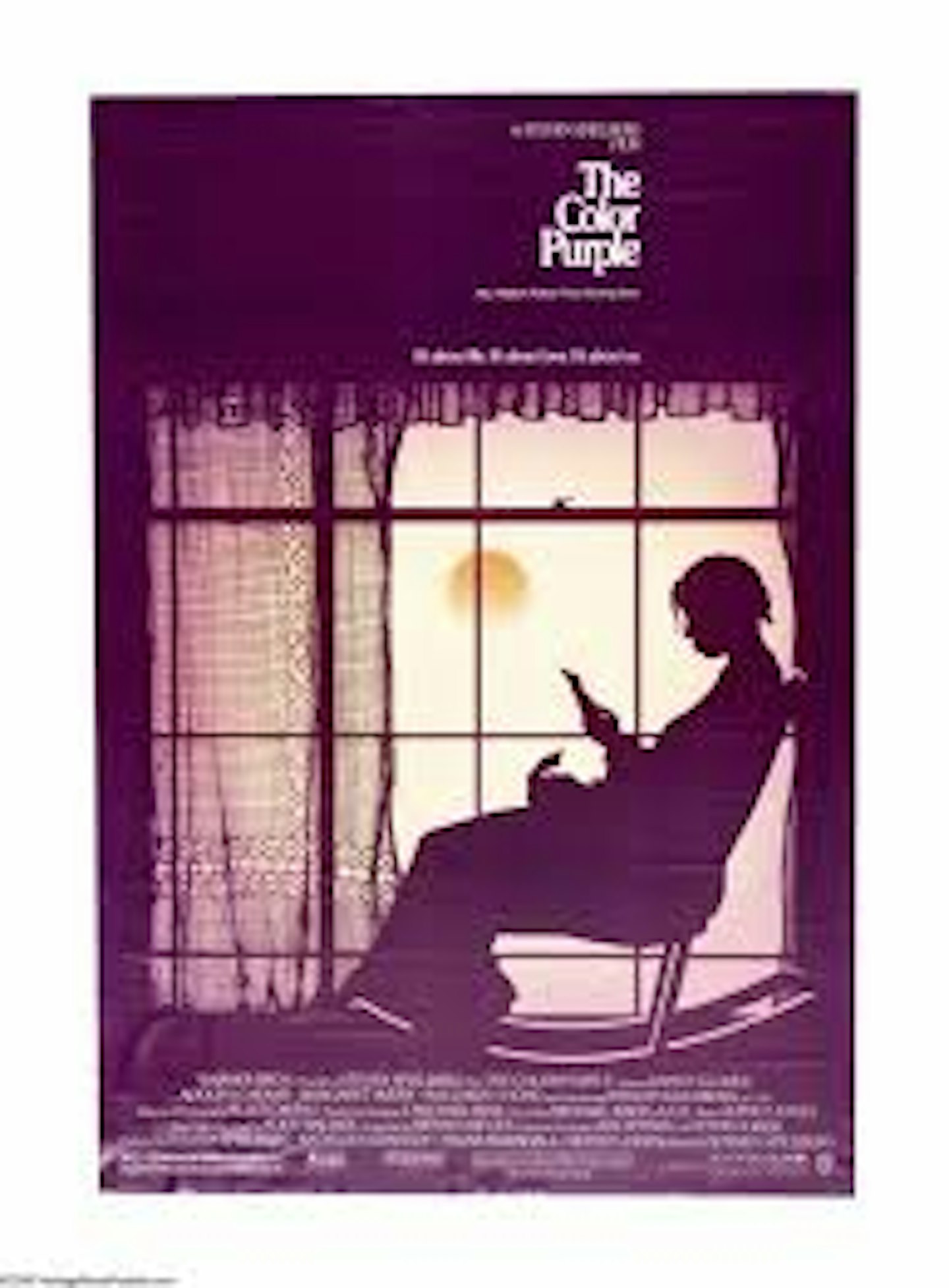 10 of 23
10 of 23The Color Purple
Based on the Pulitzer-winning book by Alice Walker, the film follows Celie, a black woman growing up in the early 1900s. Available to rent on Amazon.
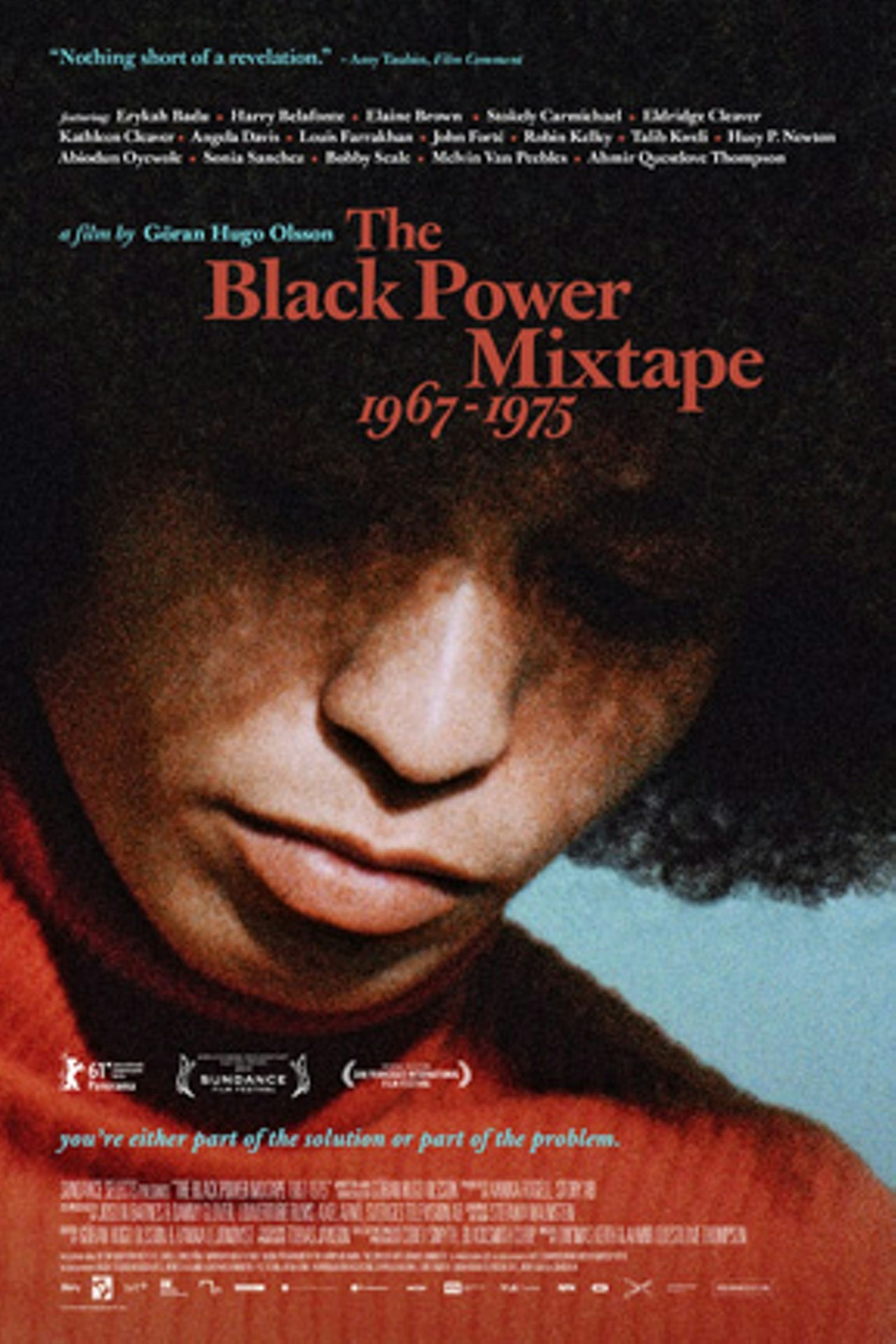 11 of 23
11 of 23The Black Power Mixtape 1967-1975
Many of the interviews that have been shared on social media this week feature in this film – a documentary about the Black Power movement through the eyes of Swedish journalists and filmmakers who'd travelled to report on it. You can buy the film on DVD.
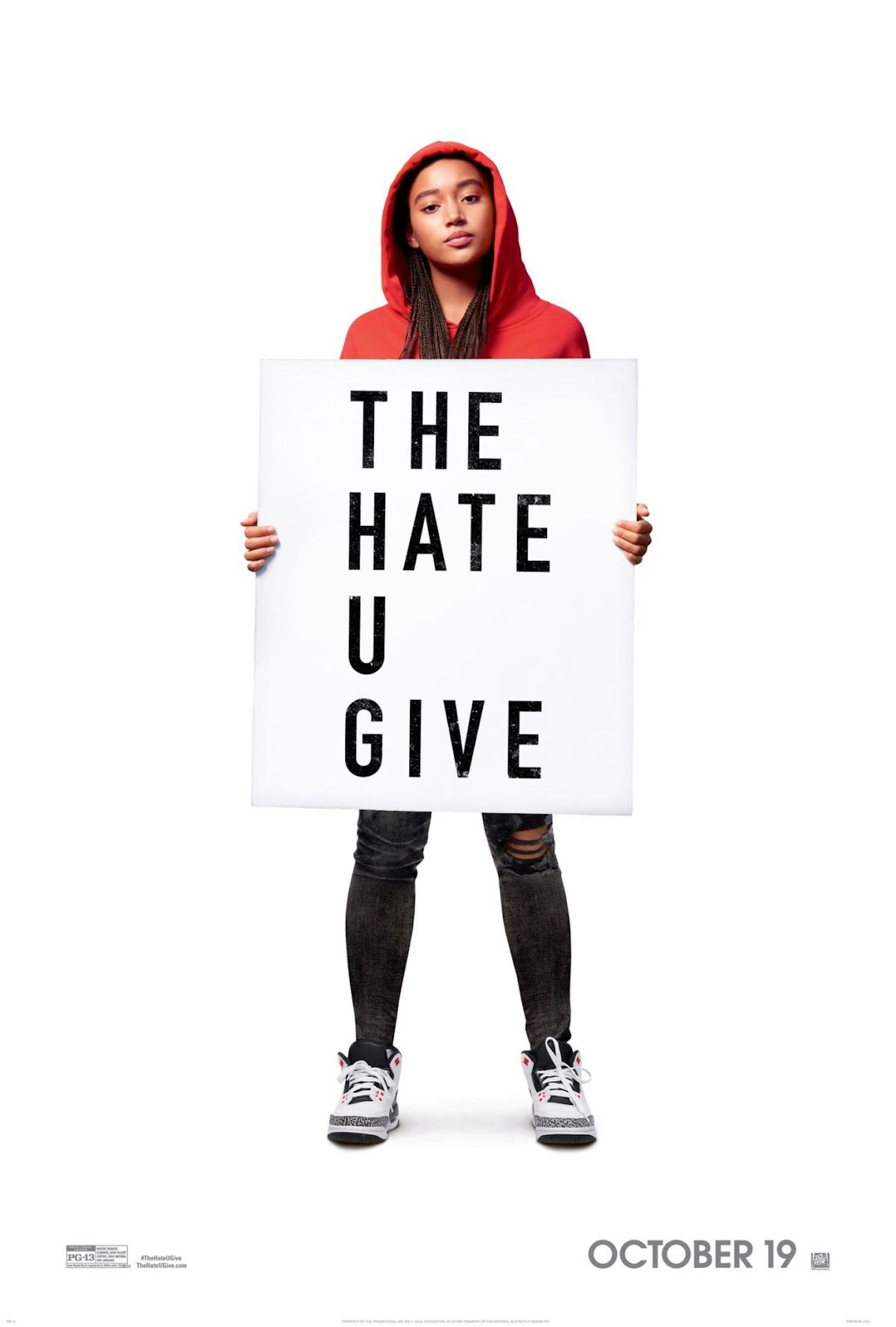 12 of 23
12 of 23The Hate U Give
This movie, based on the book of the same name by Angie Thomas, tells the story of Starr Carter, who witnesses the fatal shooting of her childhood best friend by police. Available to buy on Amazon.
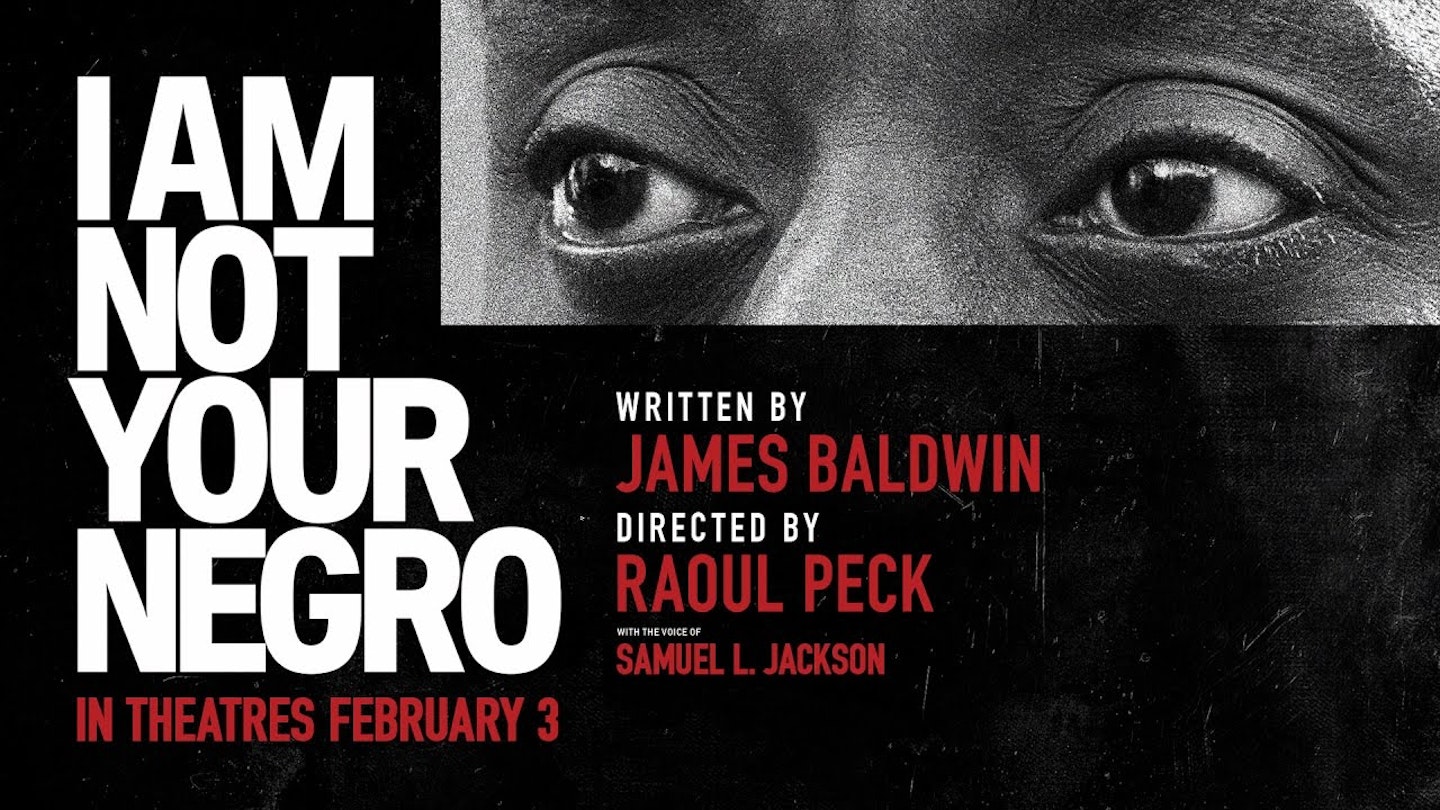 13 of 23
13 of 23I Am Not Your Negro
Told in the words of James Baldwin, through personal appearances and the text of his final unfinished book, I Am Not Your Negro touches on the lives and assassinations of Malcolm X, Martin Luther King Jr and Medgar Evans to discuss how the image and reality of Black people in America today is fabricated and enforced. Available on Amazon.
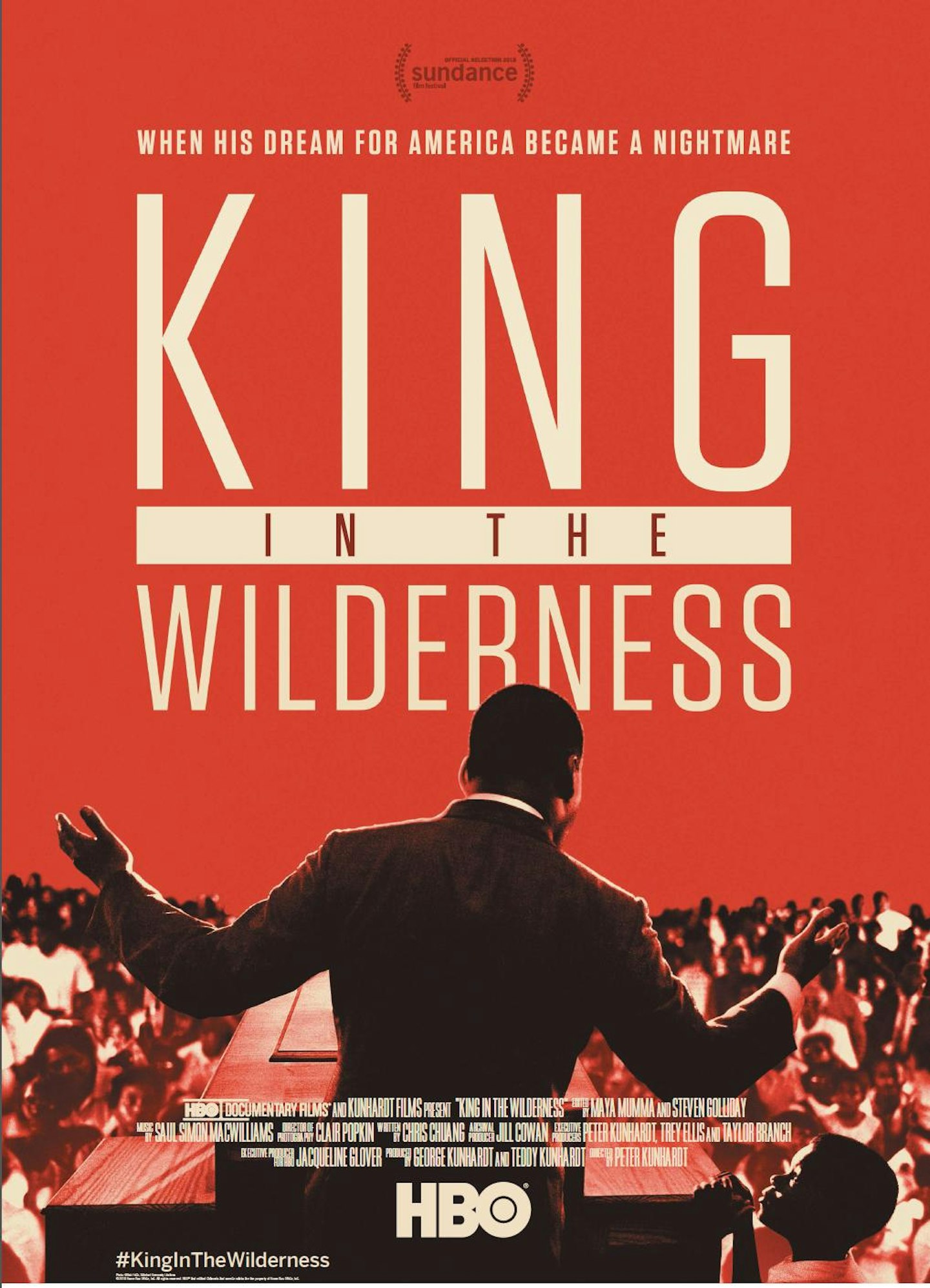 14 of 23
14 of 23King In The Wilderness
An HBO documentary chronicling the final 18 months of Martin Luther King Jr's life. Available to stream on Amazon.
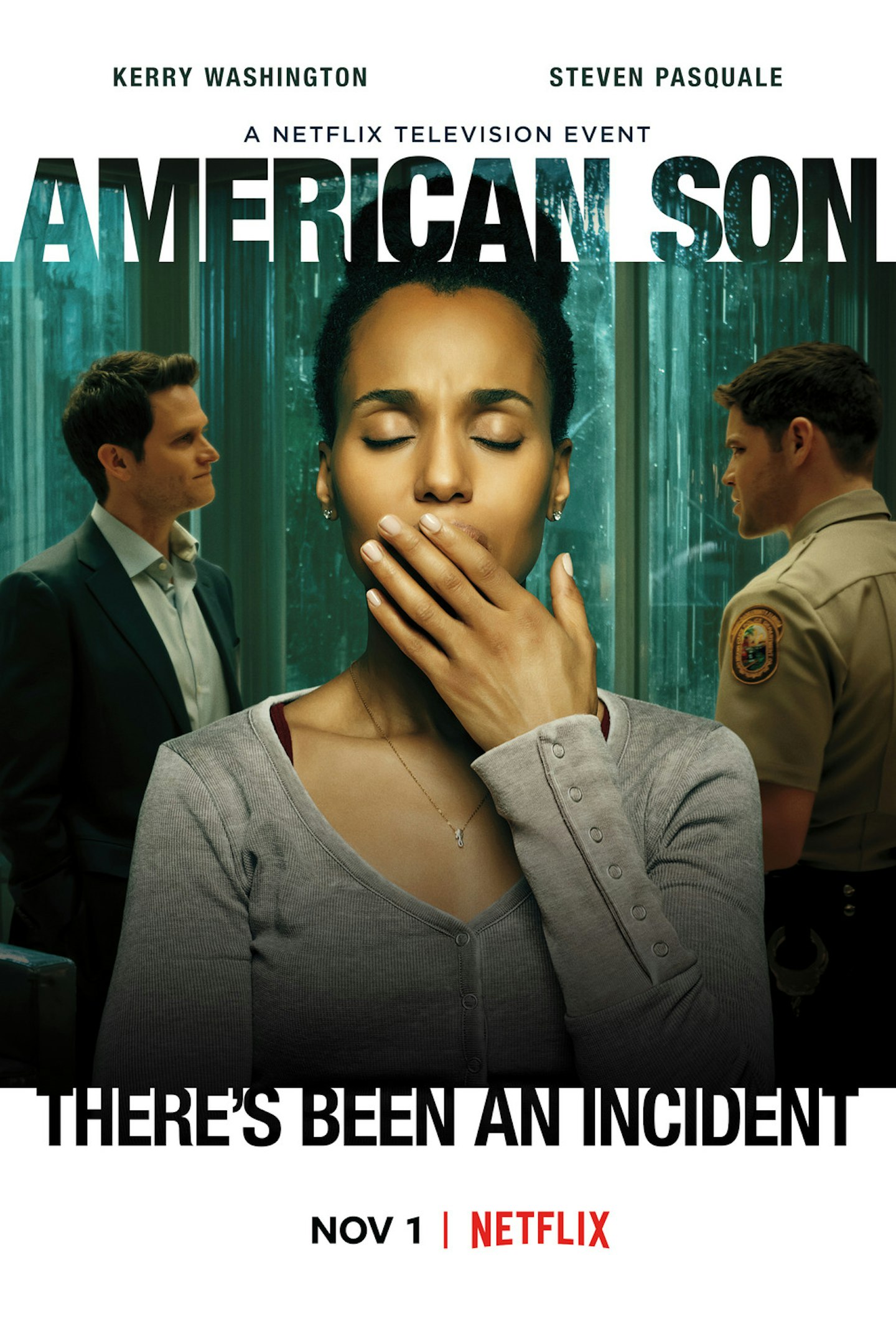 15 of 23
15 of 23American Son
Kerry Washington stars in this film about an estranged interracial couple awaiting news on their missing teenage son in a Florida police station. Available on Netflix.
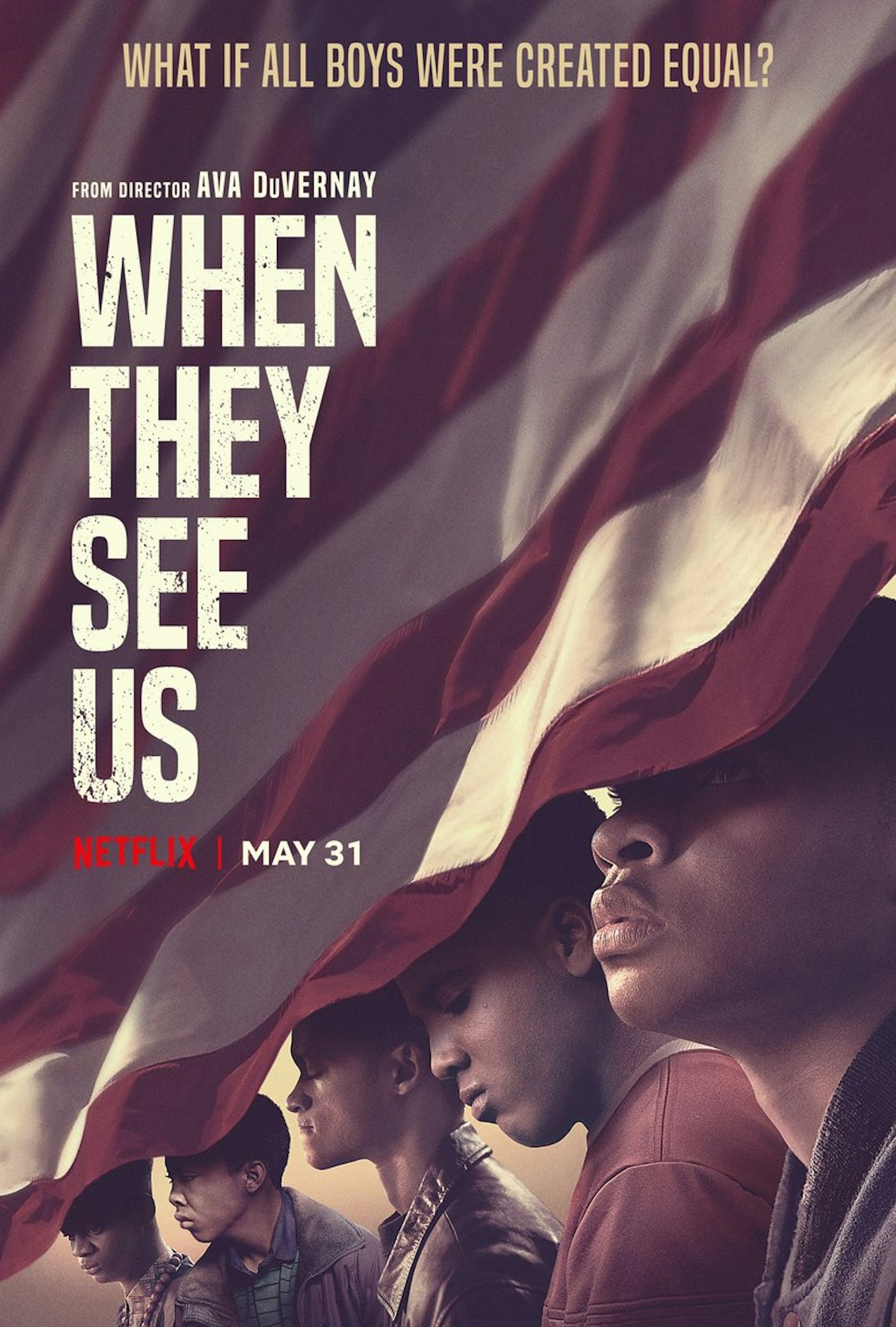 16 of 23
16 of 23When They See Us
A series created, co-written and directed by Ava DuVernay about the events of a 1989 rape case, and the Central Park 5, who were wrongly imprisoned for a violent rape and assault. The series is available on Netflix.
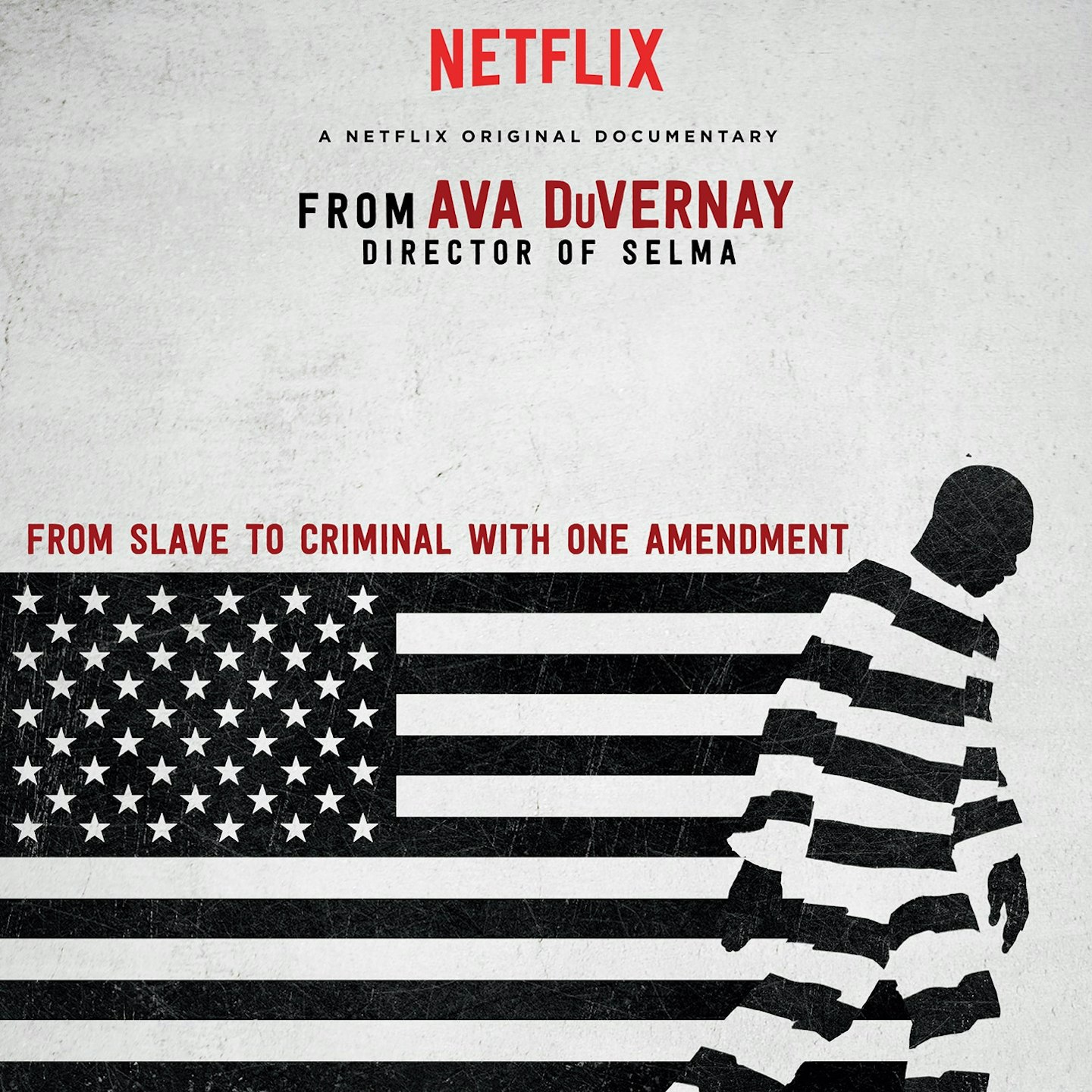 17 of 23
17 of 2313th
This documentary by Ava DuVernay includes scholars, activists and politicians, analysing the criminalisation of African-Americans and the US prison boom. Available on Netflix.
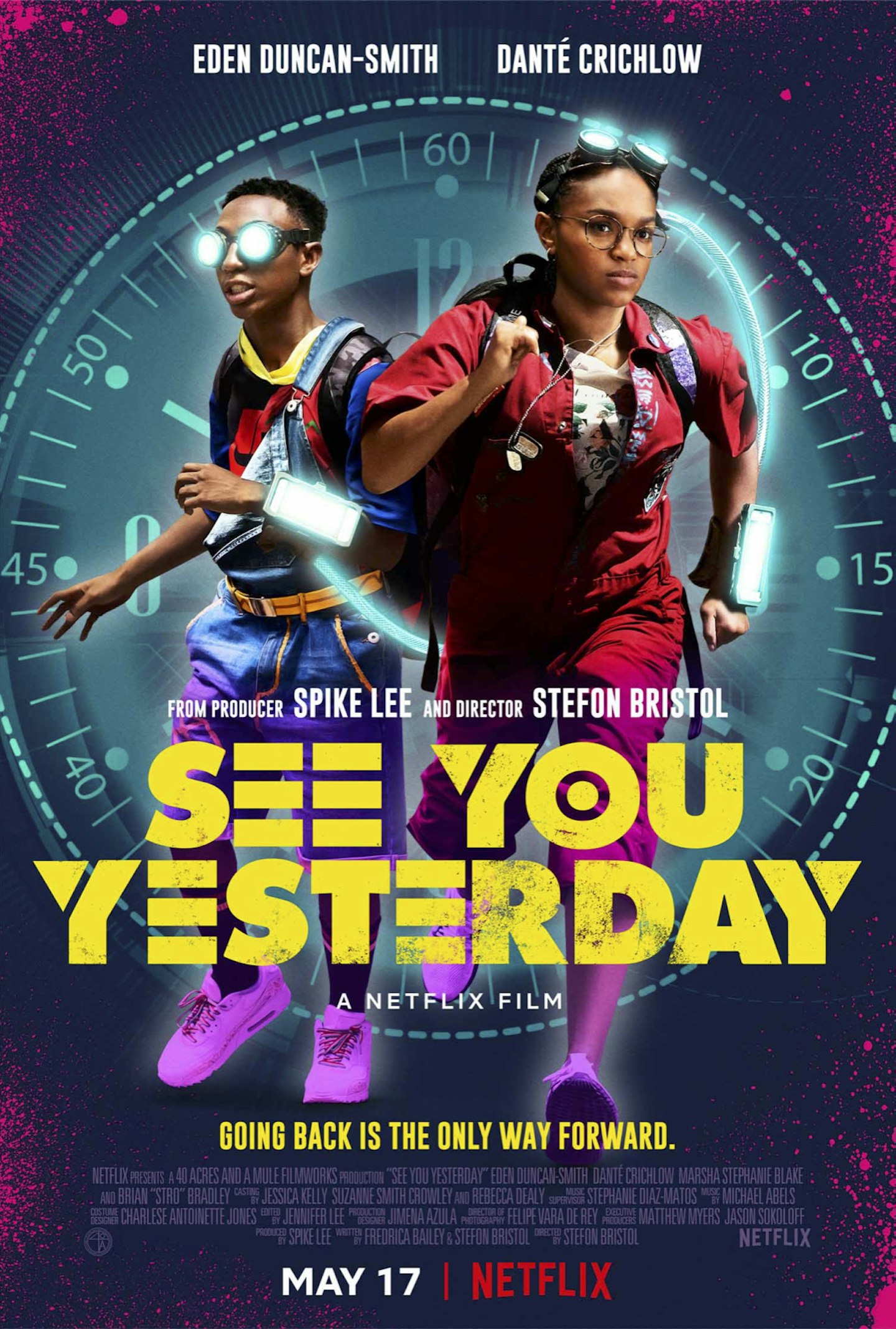 18 of 23
18 of 23See You Yesterday
This sci-fi film sees two teen prodigies trying to master time travel, as a tragic police shooting sends them on a series of dangerous trips to the past. Available on Netflix.
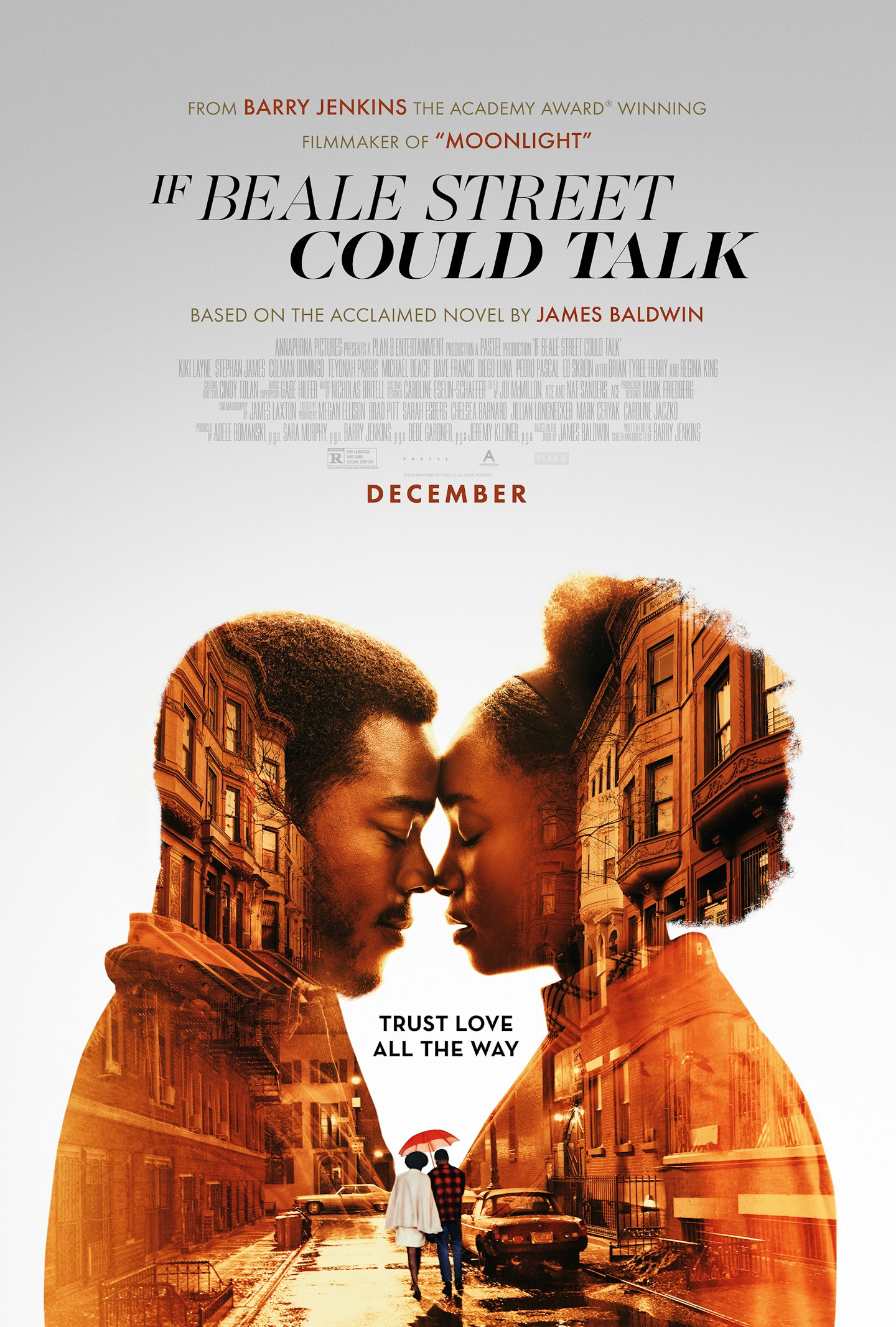 19 of 23
19 of 23If Beale Street Could Talk
Barry Jenkins wrote and directed this film, based on James Baldwin's 1974 novel about a Harlem couple torn apart by a wrongful arrest. Available to watch on Amazon Prime.
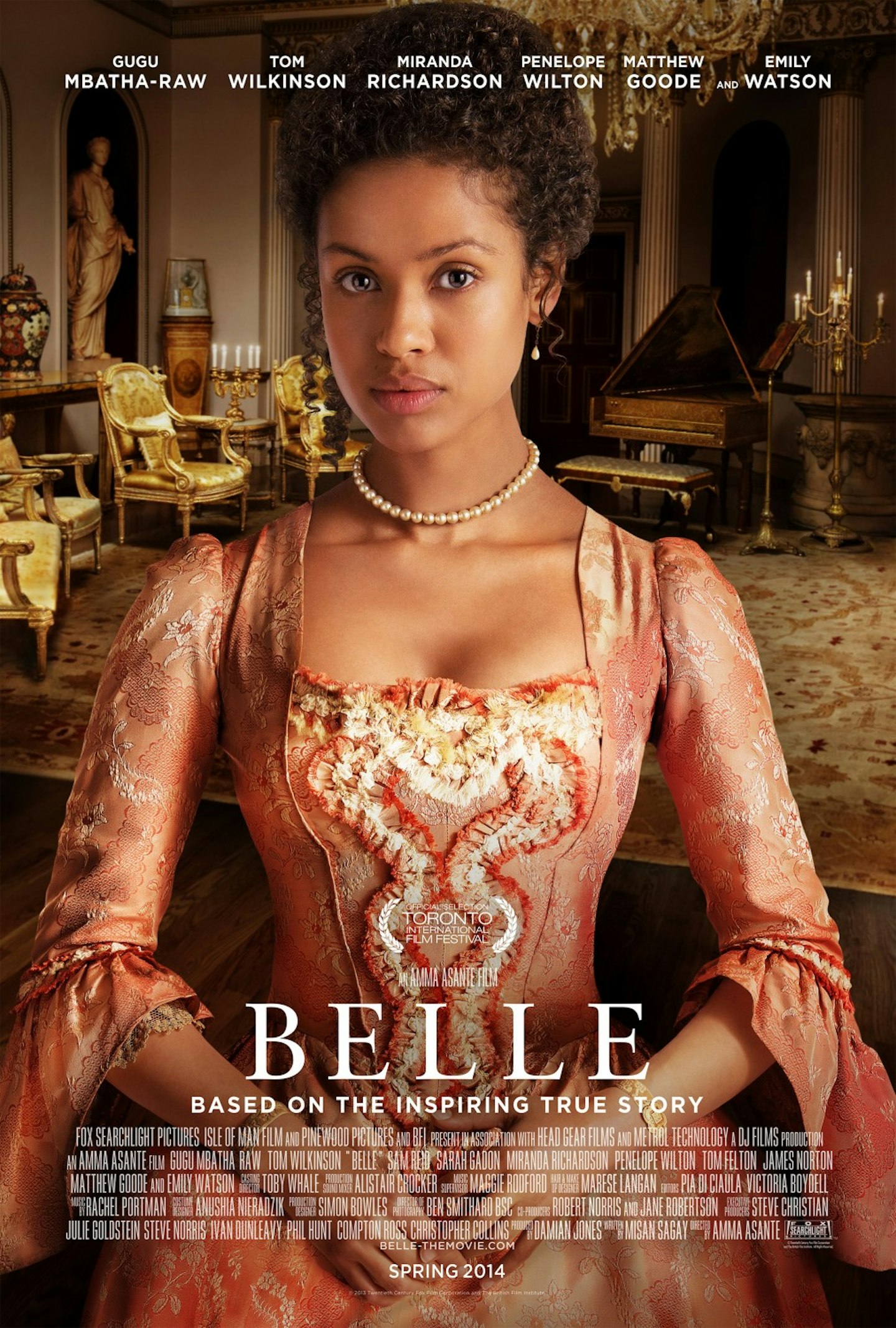 20 of 23
20 of 23Belle
Amma Asante's film is inspired by the 1779 painting of Dido Elizabeth Belle – the illegitimate mixed-race child of Sir John Lindsay – alongside her cousin, Lady Elizabeth Murray, which hangs in Kenwood House, London. The fictional story centres on Dido's relationships within her family and wider society, amidst the reactions to the Zong massacre, where slaves were thrown overboard from a slave ship and the owner filed for the losses with his insurance company. You can hire Belle on Amazon Prime.
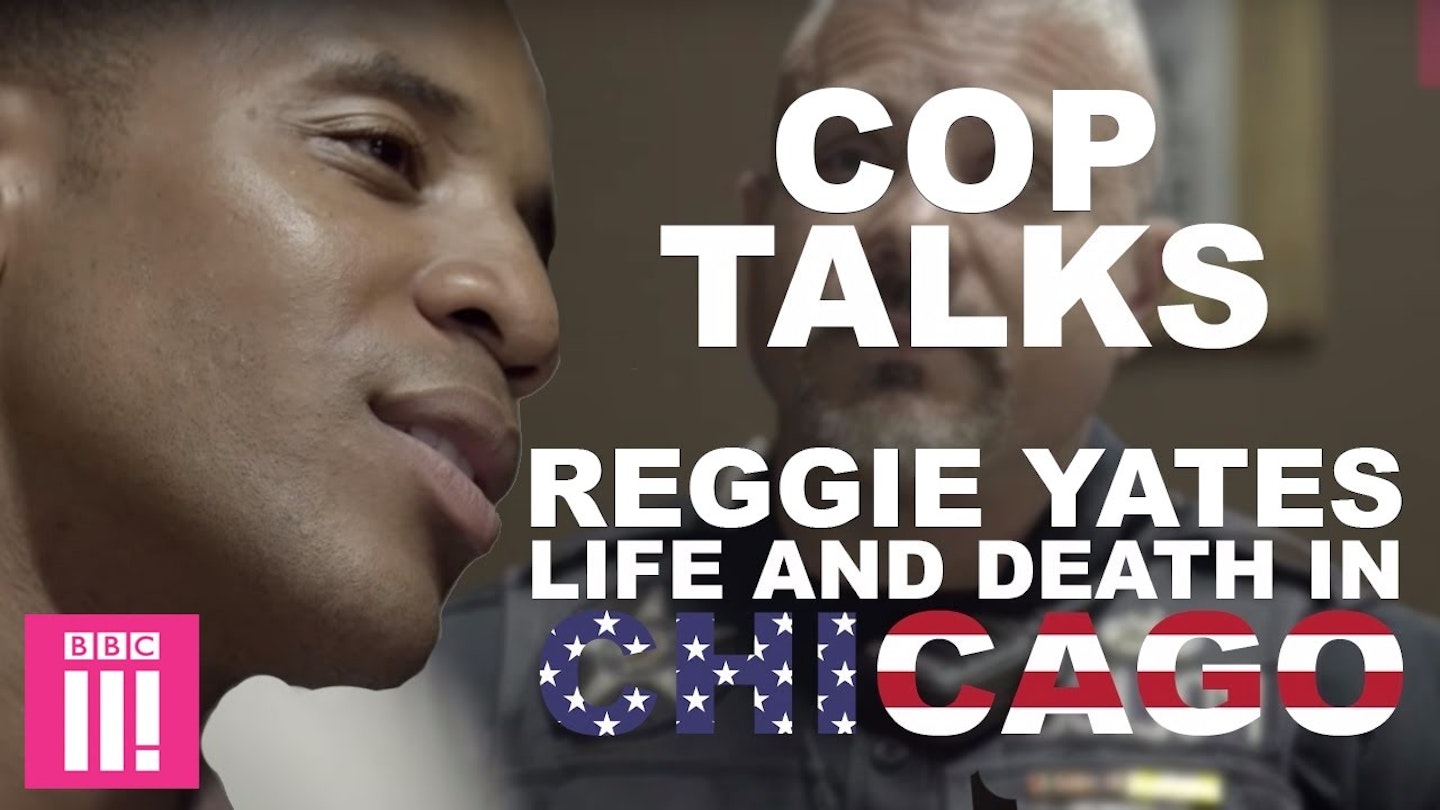 21 of 23
21 of 23Reggie Yates: Life and Death in Chicago
Many of Reggie Yates' ongoing documentaries and Extreme series for BBC Three are important watches. This documentary, which saw him travel to Chicago to examine gun crime in 2016, is available on iPlayer now.
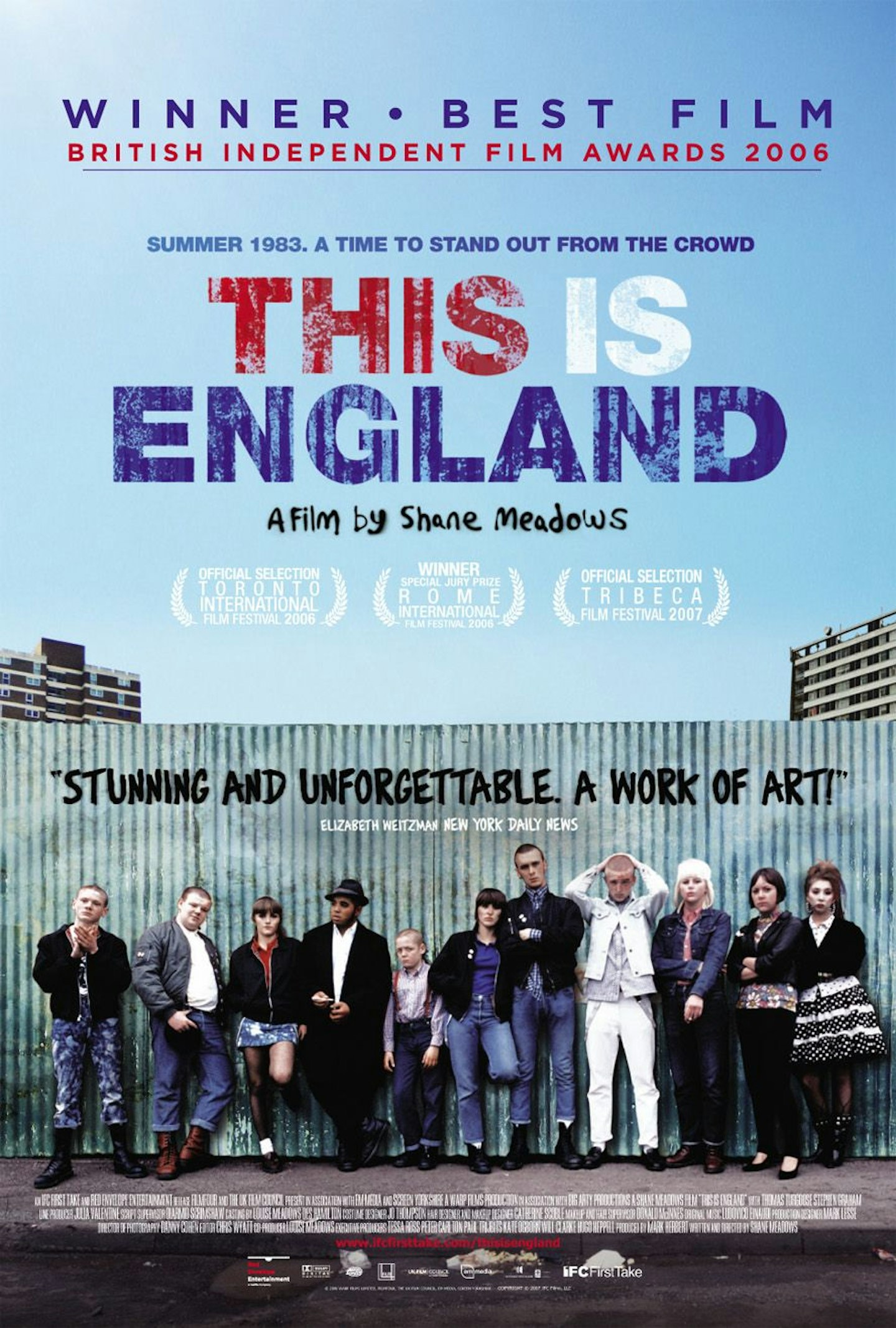 22 of 23
22 of 23This Is England
The Shane Meadows film that spawned the Channel 4 series shows the development of skinhead culture in the 1980s in the UK and how it became hijacked by racist voices. The film is available on Amazon Prime.
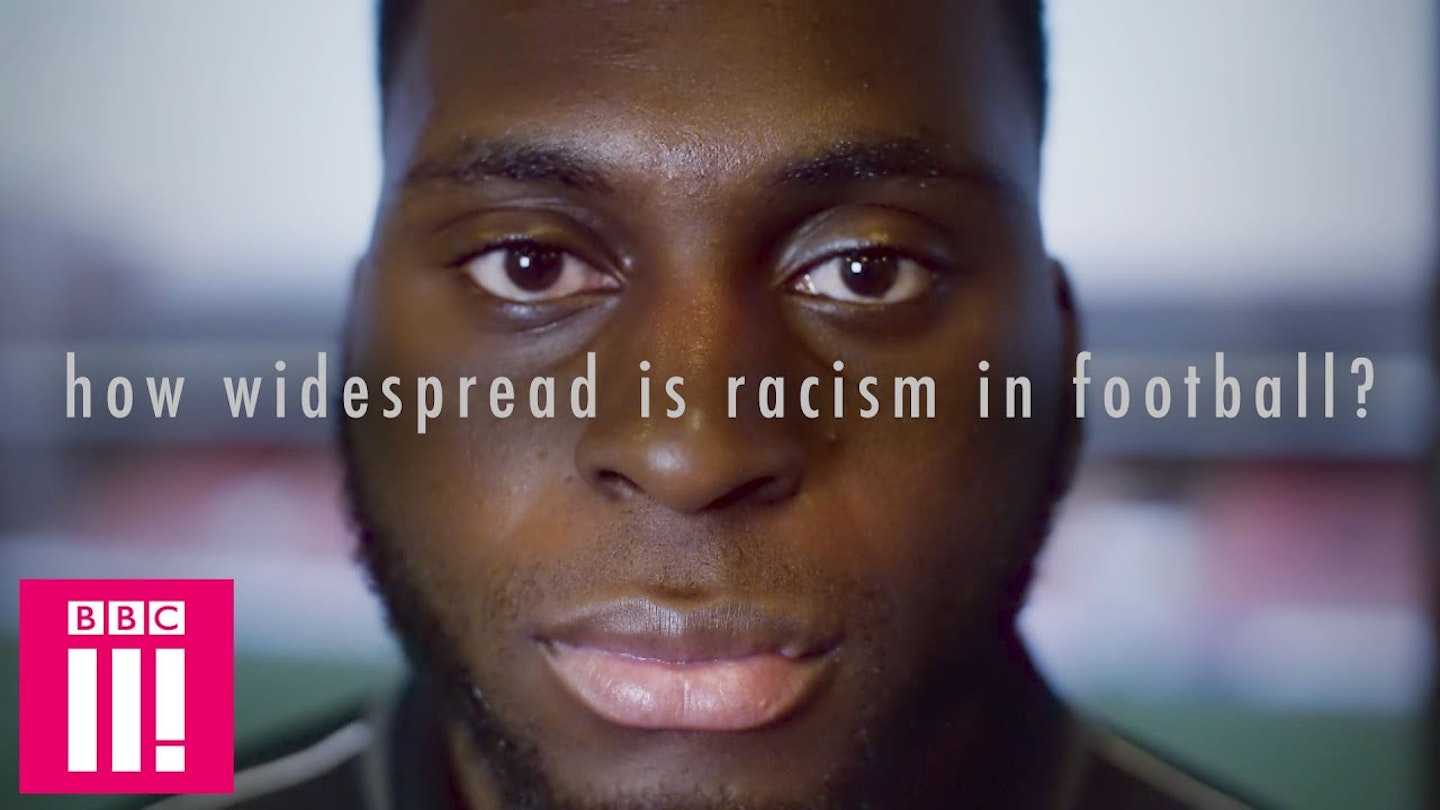 23 of 23
23 of 23Shame In The Game: Racism In Football
This BBC Three documentary, still available on iPlayer, examines the devastating impact of football racism in the UK, as incidents soar and players at every level of the game call for drastic action.
